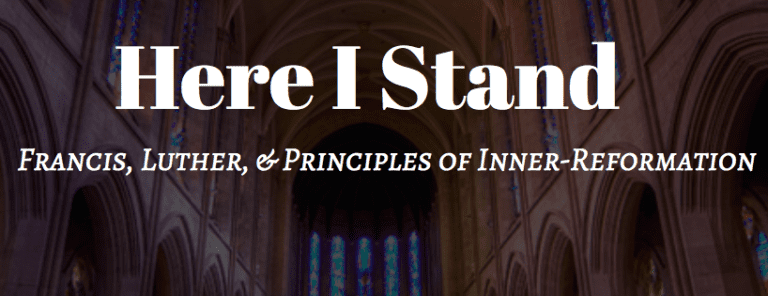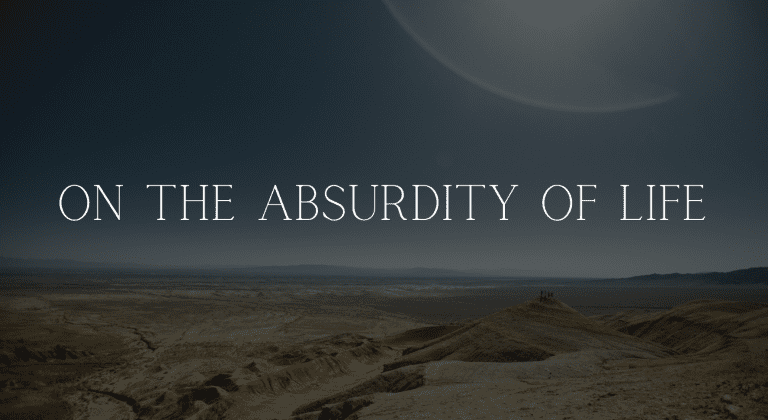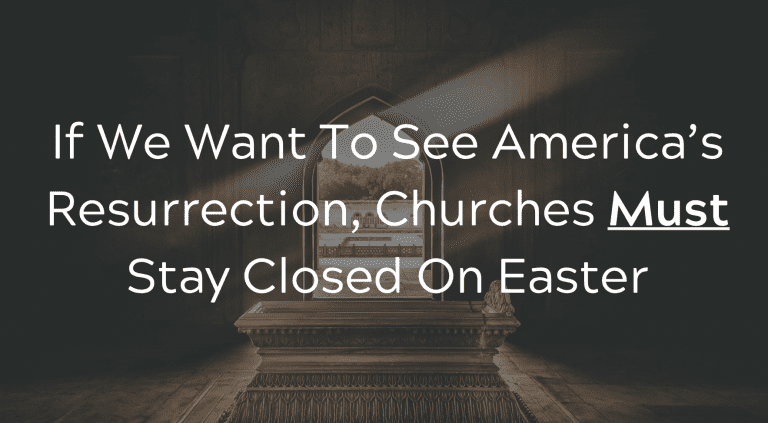This is the sixth installment of a series of blog posts outlining principles of inner-reformation taken from the life of St. Francis and Martin Luther. This series was prepared as a series of talks for the Order of Lutheran Franciscans 2017 Retreat.
Inner Reformation Principle 5: Incarnational Living
The fifth principle of inner-reformation is living an incarnational and ordinary life in the world.
At the heart of the Christian story is the belief that in the person of Jesus, God became a human, put on flesh, and made God’s dwelling among us. Jesus reveals to us God with dirt under his fingernails, a God who is with us on the turbulent trails of life. The incarnation also therefore reveals the posture that followers of Jesus are called to embrace- being in the world but not of the world– which means that we are to live fully immersed in, engaged with, and a part of the culture of our world, while embracing a radically subversive way of living in the midst of the world.
Francis and Luther understood this well. While both of them explored and experimented with monastic life, both ultimately ended up understanding the importance of living as monks in the world, those who embraced the contemplative, simple, gracious lifestyle of Jesus while still being regular people who could be found hanging around town, drinking a beer, or having a meal with friends. To live in step with the example of Jesus, they could not just separate themselves from the world and live a life confined to a cloister, but knew that God is most often experienced in and through other people and that if their lives and vision of reformation was ever going to have an impact, it must be accessible to the ordinary person living an ordinary life.
The Church had done a great job creating a strict class system that separated the “most holy”, namely the clergy and ecclesial leaders, from the rest of society, perpetuating a fundamentally anti-Christian teaching that God was only accessible (or at least more readily accessible) to certain people who had studied theology, been ordained, and had great power and wealth. This flew in the face of much of the teaching of the New Testament and fostered the idea among the lower classes that they could not access God and were not prioritized by the Church.
This split was a reflection of the gnostic tendencies of Christianity to separate the spirit from the physical, the clean from the unclean, the saved from the unsaved. But the path that Jesus embodied and that Francis and Luther recovered was the holistic path that saw all of life as spiritual life, saw all people as equally filled with the Spirit of God, and therefore, the entire world stood on a level playing field before God. Everyone lived and moved and had their being in God, everyone mattered to God, and everyone had unlimited access to God at all times. This was the heart of the good news of Christianity, and yet was the furthest thing from what the Church was teaching.
To be a Christian was to live among others, for others. As Francis’ associate St. Clare wrote in a letter to Francis, “God did not call you only for yourself, but the good of others.” The spiritually rooted life, then, was not a life of hiding away in endless contemplation, but a life that was lived in public, marked by good works rooted in deep faith. The incarnational thrust of Christianity called both men out of the monastery and into the town center, bringing about social and spiritual reformation through living ordinary lives rooted in a vibrant connection to the Spirit.
If we are to follow in the example of Francis and Luther, we too must live our faith out loud. It must not be a subset of our life, but the ground of our existence. We must refuse the temptation to disconnect from the world and see ourselves as set-apart spiritual elites, and instead live in such a way that we help others see that the very ground of their being is also God, and that every aspect of their lives are infused with Spirit. If we are to ignite an inner spiritual reformation within ourselves, we must refuse to buy in to gnostic dualisms that separate spiritual life from ordinary life, but instead, see that every part of our life is spiritual. As writer Rob Bell says, “you don’t have a spiritual life, you are a spiritual life.”












